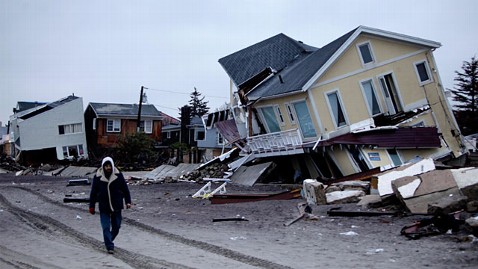CAIRO/ALEXANDRIA (Reuters) - Egyptians queued in long lines on Saturday to vote on a constitution promoted by its Islamist backers as the way out of a political crisis and rejected by opponents as a recipe for further divisions in the Arab world's biggest nation.
Soldiers joined police to secure the referendum after deadly protests during the buildup. Street brawls erupted again on Friday in Alexandria, Egypt's second city, but voting proceeded quietly there, with no reports of violence elsewhere.
President Mohamed Mursi provoked angry demonstrations when he issued a decree last month expanding his powers and then fast-tracked the draft constitution through an assembly dominated by his Muslim Brotherhood group and its allies. At least eight people were killed in clashes last week outside the presidential palace.
His liberal, secular and Christian opponents says the constitution is too Islamist and tramples on minority rights. Mursi's supporters say the charter is needed if progress is to be made towards democracy nearly two years after the fall of military-backed strongman Hosni Mubarak.
"The sheikhs (preachers) told us to say 'yes' and I have read the constitution and I liked it," said Adel Imam, a 53-year-old queuing to vote in a Cairo suburb. "The country will move on."
Opposition politician and Nobel Peace Prize laureate Mohamed ElBaradei wrote on Twitter: "Adoption of (a) divisive draft constitution that violates universal values and freedoms is a sure way to institutionalize instability and turmoil."
Official results will not be announced until after a second round of voting next Saturday. But partial results and unofficial tallies are likely to emerge soon after the first round, giving some idea of the outcome.
In order to pass, the constitution must be approved by more than 50 percent of voters who cast ballots. A little more than half of Egypt's electorate of 51 million are eligible to vote in the first round in Cairo and other cities.
Rights groups reported some abuses, such as polling stations opening late, officials telling people to vote "yes", bribery and intimidation.
But Gamal Eid, head of the Arab Network for Human Rights Information, which is monitoring the vote, said nothing reported so far was serious enough to invalidate the referendum.
"Until now, there is no talk of vote rigging," said Eid.
TRANSITION
Christians, making up about 10 percent of Egypt's 83 million people and who have long grumbled of discrimination, were among those waiting at a polling station in Alexandria to oppose the basic law. They fear Islamists, long repressed by Mubarak, will restrict social and other freedoms.
"I voted 'no' to the constitution out of patriotic duty," said Michael Nour, a 45-year-old Christian teacher in Alexandria. "The constitution does not represent all Egyptians."
Howaida Abdel Azeem, a post office employee, said: "I said 'yes' because I want the destruction the country is living through to be over and the crisis to pass, and then we can fix things later."
Islamists are counting on their disciplined ranks of supporters and the many Egyptians who may fall into line in the hope of ending turmoil that has hammered the economy and sent Egypt's pound to eight-year lows against the dollar.
Mursi was among the early voters after polls opened at 8 a.m. (1:00 a.m. Eastern Time). He was shown on television casting his ballot shielded by a screen and then dipping his finger in ink - a measure to prevent people voting twice.
Turnout was high enough for voting on Saturday to be extended by four hours to 11 p.m. (4 p.m. Eastern Time). One senior official on the committee overseeing the referendum said Saturday's vote could continue on Sunday if crowds were too heavy to allow everyone to cast ballots in one day. Voting for Egyptians abroad that began on Wednesday has been extended to Monday, the state news agency reported.
After weeks of turbulence, there has been limited public campaigning. Opposition politicians and parties, beaten in two elections since Mubarak's overthrow, only announced on Wednesday that they backed a "no" vote instead of a boycott.
TWO DAYS
The second round will be held in other regions on December 22 because there are not enough judges willing to monitor all polling stations after some said they would boycott the vote.
Egyptians are being asked to accept or reject a constitution that must be in place before a parliamentary election can be held next year to replace an Islamist-led parliament dissolved in June. Many hope this will lead Egypt towards stability.
If the constitution is voted down, a new assembly will have to be formed to draft a revised version, a process that could take up to nine months.
The army has deployed about 120,000 troops and 6,000 tanks and armored vehicles to protect polling stations and other government buildings. While the military backed Mubarak and his predecessors, it has not intervened in the present crisis.
(Writing by Edmund Blair and Giles Elgood; Editing by Tom Pfeiffer)











